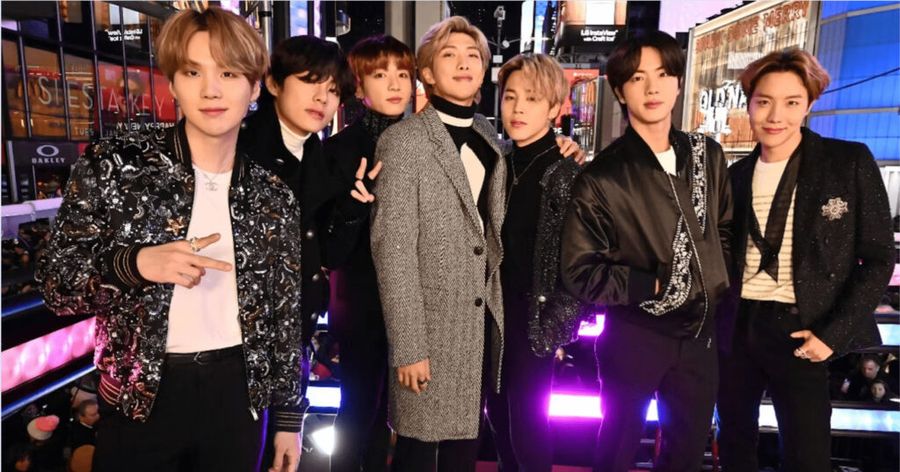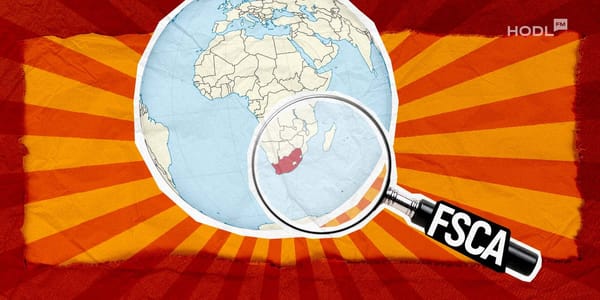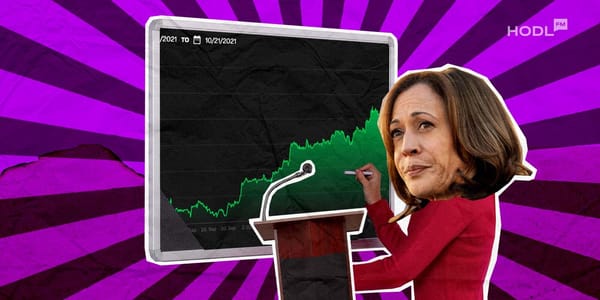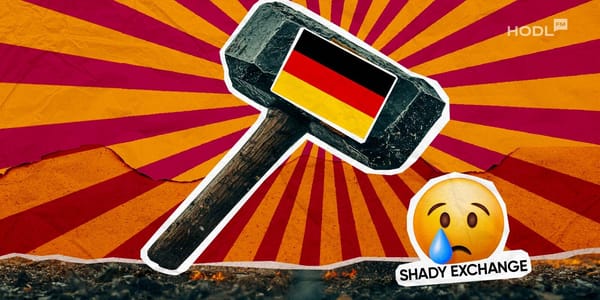Did you get a hair endorsement? Don’t shave your head just yet – if the market reaction to K-Pop ETF is anything to go by. For eons, companies that lacked a good marketing strategy had an easy fix by paying a celebrity to endorse their product or become brand ambassadors. The expensive solution may look easy, but reports that K-Pop ETF that was born with a silver spoon in the mouth has flopped shows endorsements by celebrities in finance is not always better.
Introduction
Launched on September 1, 2022, with tons of celebrity endorsements and celebrity backed-funds, the K-Pop exchange-traded fund (ETF) was designed to convert global fans of Korean digital content into investors to exploit the optimistic digital space. K-Pop and Korean Entertainment ETF aimed to expose fans to the Korea Exchange-listed companies so they could benefit from the nascent K-pop industry. Jangwon Lee, the creator of the ETF and CEO of CT Investments and Contents Technologies, remained hopeful regarding the venture and stated then:
“We are witnessing an inflection point in K-pop and K-content gradually attaining mainstream status globally from what was more a sub-culture in the past.”
Bloomberg’ Rebecca Sin Drops Mic on K-Pop ETF Fail
Read also: Elon Musk’s Ex-Wife Made More Money From NFTs Than From Her Music Career
Now Bloomberg journalist Rebecca Sin says there’s trouble in paradise as the K-Pop ETF seems to have metamorphosed into K-Flop. The project designed to become a cultural phenomenon by cooking celebrities, investing in one pot, and tracking over 30 listed companies has become a non-starter. Someone should have seen this coming because the ETF project stayed within the runway, with initial K-pop market trends showing it performed poorly from the beginning, dropped at least 23% from its debut, and plummeted over 20% as the year progressed.
2022 Hype: ETF Tracks K-Drama on KSE Rollercoaster!
According to Sin, the K-Pop ETF seems to have bitten the dust, taken the unfamiliar route, and negated the well-trodden way where most K-Pop bands like BTS and BLACKPINK took no less than five years from their formation to inauguration. Having been launched amid pomp and color during 3Q 2022 and shot to the news for listing 30 companies like Hybe, SM Entertainment, Naver, online chat app Kakao, ShowBox, and Studio Dragon, among others, what has followed is a true anticlimax.

Anyone would have expected a product line associated with award-winning Studio Dragon, the producer of 2020 Best Picture Oscar winner Parasite would have performed better. Contrary to widespread expectation, Sin revealed that K-Pop had only returned a paltry 8% from its 3 million assets, a pale figure obfuscated by mainstream markets where S&P 500 reported over 15% growth during the same period.
Read also:
- Universal Music & Google’s Battle Against AI Creations
- FC Barcelona Gets $132 Million Investment for NFTs
BTS Army Hiatus: ETF’s Achilles Heel, Major Fail
A close look at the ETF flop analysis reveals that the June 14, 2023 announcement by singing group BTS to fans that they were going on hiatus was the genesis of the fallout. Group members RM, Jin, SUGA, J-Hope, Jimin, V, and Jung Kook announced during the BTS FIESTA livestream they would take the solo route. However, to add insult to injury was a greater revelation that they would, beginning October 17, 2023, be forced to attend mandatory military service and would probably reunite around 2025 when they complete the official call of duty. Every non-disabled South Korean aged between 18 and 28 must complete two years of military service.

The apparent K-Pop investments flop is a bitter pill to swallow. While research shows that thematic ETFs are likely to underperform because they’re primarily late to the party when they are launched, investors in the K-Pop ETF were made to believe it was different since Korea’s craze for entertainment is unmatched. It’s hard to tell what the K-pop industry impact will be, considering that local South Korean investors are usually opposed to buying narrow theme-driven ETFs focusing on the metaverse, gaming, K-pop music, Korean food, etc.
Jackie Choy, the ETF director of research for Morningstar Asia, opines that 80 out of 128 local, thematic ETFs in the country were launched within the last two years, with new entrants accounting for 52.5% of thematic fund assets by the beginning of 2022. Nonetheless, ETF flop analysis shows the K-Pop entertainment ETF, debuting on the NYSE Arca exchange in September 2022, was a rare but failed attempt to sell South Korean culture to the rest of the world.
Conclusion
The K-Pop ETF market response shows that investors in Western countries are used to narrow-focused ETFs related to themes like climate change, cyber security, space exploration, or cannabis, etc., attempting to introduce K-Pop may have been like an attempt to skate on thin ice. As the organizers return to the drawing board, one can only hope K-Pop bands will try other investment propositions with different niche products and that potential investors will not hope like hell that celebrities avoid scandals as they face the new brands. The latest ETF performance analysis shows that themes can sometimes come and go quickly.
Disclaimer: All materials on this site are for informational purposes only. None of the material should be interpreted as investment advice. Please note that despite the nature of much of the material created and hosted on this website, HODL FM is not a financial reference resource and the opinions of authors and other contributors are their own and should not be taken as financial advice. If you require advice of this sort, HODL FM strongly recommends contacting a qualified industry professional.



